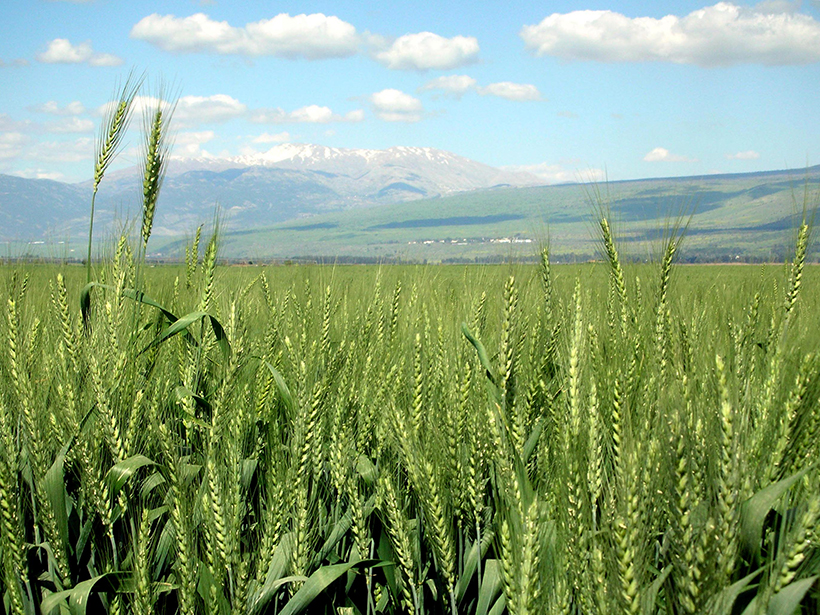Models showed that approximately 93% of crop losses over the rest of the century could be caused by non–carbon dioxide emissions, the most damaging of these being methane.
A. Branscombe
Alexandra Branscombe is a mathematics and science writer based in Washington D. C. A native Midwesterner, Alexandra graduated from the University of Wisconsin-Madison with degrees in biology and science communications.
Does Water Vapor from Volcanic Eruptions Cause Climate Warming?
By studying past volcanic eruptions, scientists find that the amount of water vapor reaching the stratosphere during moderately explosive eruptions may not be contributing to the greenhouse effect.
What Steers Antarctica's Largest Current?
Scientists have observed that pressure from current-seafloor encounters drives the direction of the massive Antarctic Circumpolar Current in the Southern Ocean.
Cold Temperatures Set Off Slow-Moving Landslides
Falling ground temperatures in the cold season are found to trigger shallow, slow-moving landslides on slopes with clayey soil.
Going Against the Flow: Documenting Seasonal Current Reversal
Scientists discover the source of a coastal Korean current that reverses its flow in the summer.




